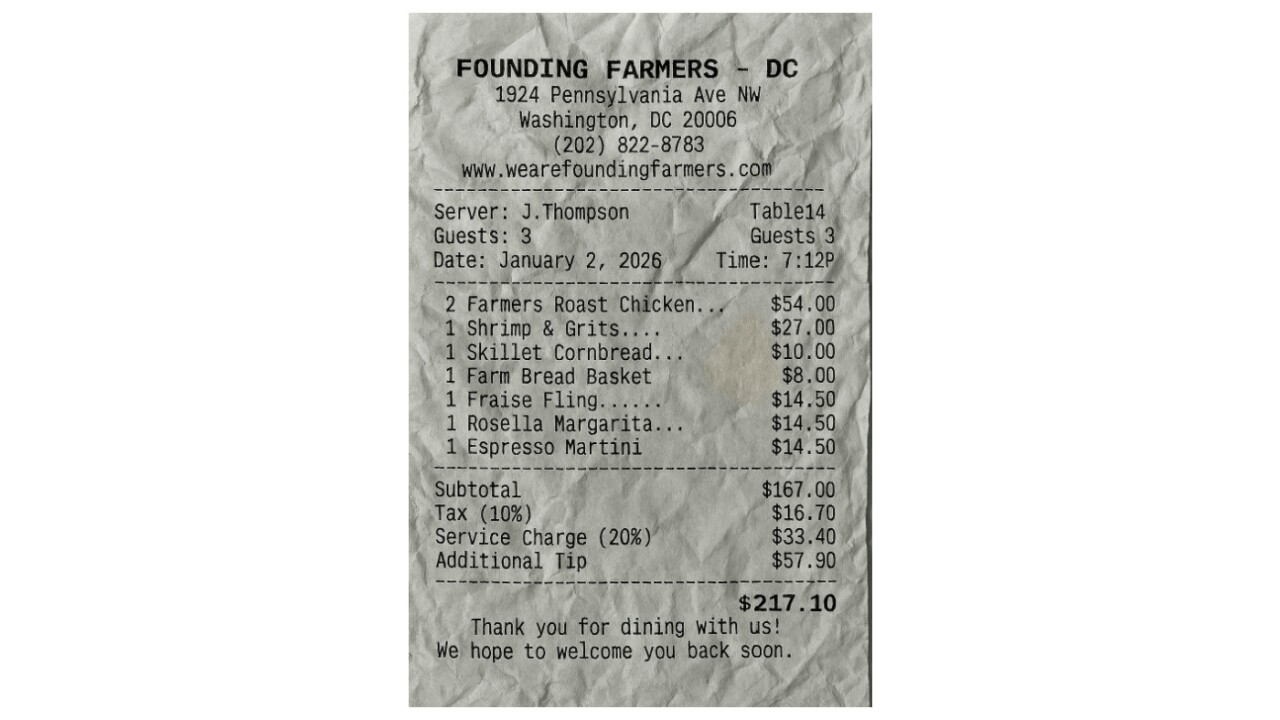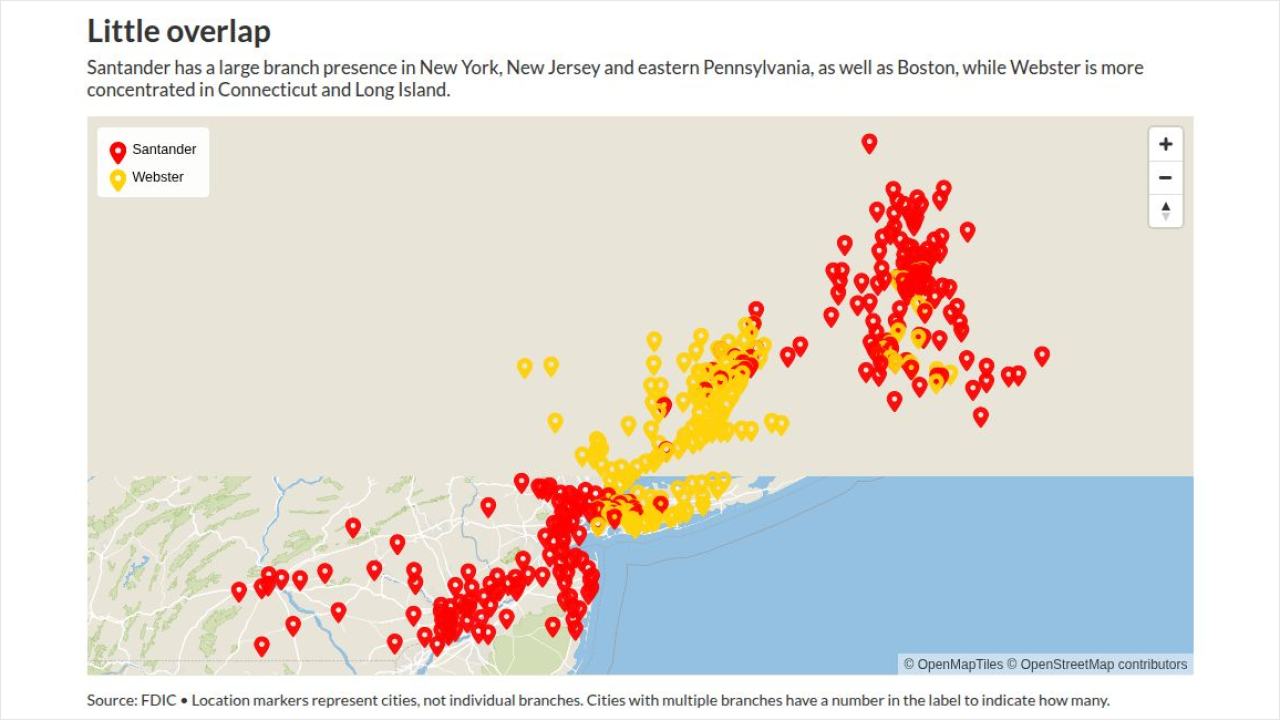-
John Delaney, D-Md., John Carney, D-Del., and Jim Himes, D-Conn., introduced a new housing bill Thursday designed to provide an explicit government backstop for the market but still increase private sector participation.
July 10 -
Reps. John Delaney, D-Md., John Carney, D-Del., and Jim Himes, D-Conn., unveiled the outlines of a new housing finance reform plan on Thursday that would provide an explicit government backstop for the market, while requiring increased private sector participation.
January 16
WASHINGTON Rep. John Delaney said Tuesday that he's "optimistic" Congress could take up reform of Fannie Mae and Freddie Mac next term, despite the political difficulties lawmakers have faced in getting legislation approved over the past two years.
The Maryland Democrat is the author of an alternative housing reform bill with Reps. John Carney, D-Del., and Jim Himes, D-Conn., that Delaney said he hopes will get more traction next year. The legislation, which has nearly a dozen Democratic co-sponsors, would create an insurance program through Ginnie Mae to support the mortgage market.
"I'm fairly optimistic that the next Congress will actually act on comprehensive housing finance we did have a decent amount of action on the committee level in the House and Senate," Delaney told attendees at American Banker's regulatory symposium in Arlington, Va. "There's nothing that ideological or that principled about it, in terms of attracting a lot of political attention."
Still, any housing reform legislation will continue to face stiff political headwinds in resolving concerns over the right amount of government support in the market, the need for affordable housing and numerous other questions. It's also unclear whether the White House would be willing to commit its energies to another shot at housing reform during President Obama's last two years in office.
Delaney, too, acknowledged that the status quo is difficult to overcome in part because the government is generating huge profits from the GSEs, which remain in conservatorship.
"The government is making a lot of money right now in this business. And of course it's making a lot of money, because any of you could run a big lending business using government cost of funds to support your business. And that's basically what the government is doing," he said.
The bill Delaney and his fellow junior Democrats introduced in May would be based around private partnerships with government under Ginnie Mae. The private sector would take a 5% first-loss position on guaranteed mortgage-backed securities, with the remaining 95% shared between Ginnie Mae and a private reinsurer.
In his remarks, Delaney described some of the details of how the proposal would work, while also highlighting his concerns with competing plans. The House Financial Services Committee passed a bill in July 2013 championed by its chairman, Rep. Jeb Hensarling, R-Texas, that would unwind Fannie Mae and Freddie Mac and keep the government all but entirely out of the mortgage market. No Democrats supported the measure and the bill failed to garner enough support for a vote on the floor of the GOP-led House.
"I think that the proposals that on their face remove any government engagement from the market in a short period of time are very short-sighted, because right now it's a very imbalanced market. It would take years, if not decades to get it back to equilibrium," said Delaney.
He added that while the idea of a fully private housing market is "intellectually interesting," it remains politically impossible.
"You're never going to get that and for as long as you have that position, you will never change the system. And you'll sit here in 10 years and you will have the system exactly as it is today," the freshman lawmaker said. "Which is why I think conservatives should embrace our proposal, because it actually allows the private sector to price the risk, and that's what will lead to the government having a reduced role in housing."
Delaney noted that Hensarling has said both behind closed doors and in public remarks that he sees merit in the alternative plan.
Looking to the other side of the Capitol, he also raised concerns with a proposal by a bipartisan coalition of senators on the Banking Committee to unwind the government-sponsored enterprises, but provide an explicit guarantee in the market. The banking panel approved the bill last summer, but did not get a strong enough vote from Democrats on the panel to warrant consideration on the Senate floor.
"I think we've all seen examples of where government, left to its own devices to provide guarantees of mortgage securities, will inevitably put its thumb on the scale and try to manipulate public policy through this mechanism that they have in other words, lower the costs of guarantees so that more people can get housing," he said. "And we could potentially be back in the same situation that we were in before."





